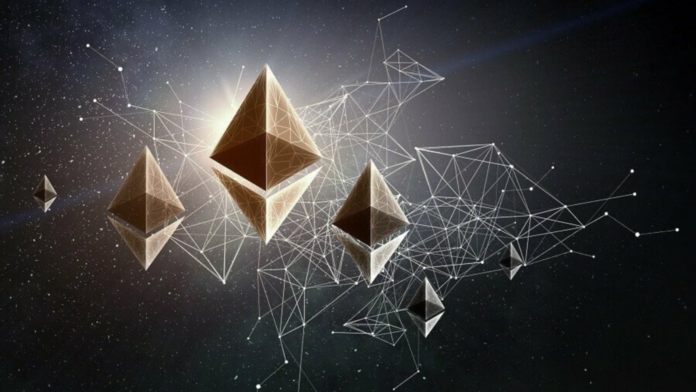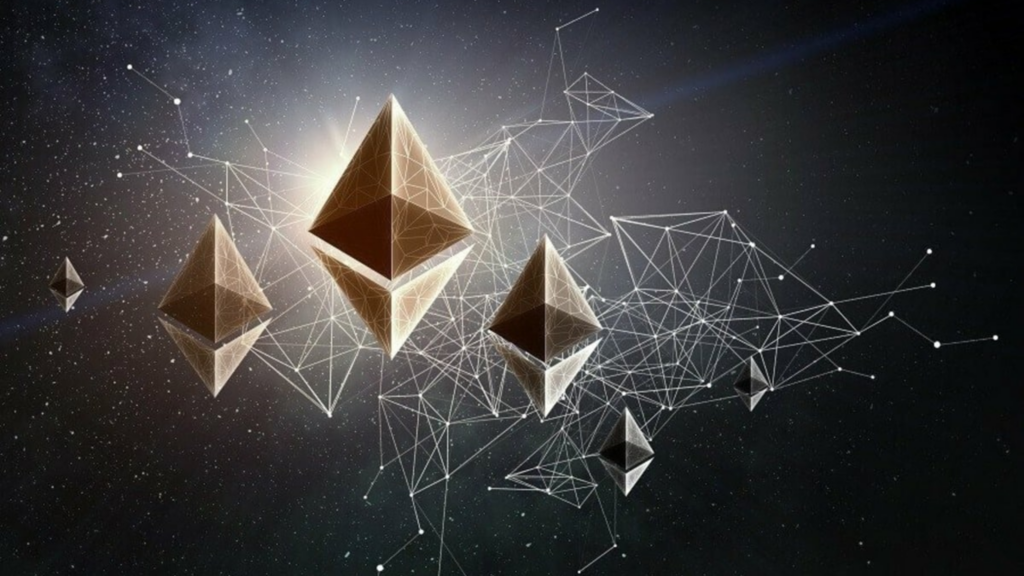[ad_1]

Ethereum’s imminent upgrade, ‘Deneb-Cancun’ (or ‘Dencun’), begins testing on January 17, marking a crucial step toward enhancing Ethereum’s capabilities.
Recent progress by the Ethereum development team includes the launch preparation for a Goerli shadow fork, initiating widespread testing across various clients like Goerli, Sepolia, and Holesky. Devnet 12 serves as the current testing ground, integrating client combinations for scrutiny, aligning with Ethereum’s meticulous testing strategy before deploying the upgrade onto the main protocol.
The Deneb-Cancun upgrade promises a suite of enhancements, aiming to reduce fees, introduce features for bridges and staking pools, and limit self-destruct operations in smart contracts. This significant upgrade targets both the execution and consensus layers of Ethereum, merging Cancun and Deneb to drive scalability improvements.
Ethereum Improvement Proposal 4844 (EIP-4844), dubbed proto-danksharding, stands as a cornerstone. It empowers nodes to manage off-chain data, potentially slashing transaction costs on Layer 2 rollup solutions like Optimism and Arbitrum. This innovation introduces ‘blobs,’ allowing the temporary storage of specific transaction data, a move anticipated to reduce fees on layer-2 networks.
While EIP-4844 initially faced deferral due to complexity, Ethereum developers now actively engage with its technical intricacies, alongside other proposals like EIP-1153 and EIP-4788, aiming to further reduce fees and enhance transparency in the ecosystem.
However, concerns surfaced over the deployment timeline for the ‘Dencun’ upgrade on the mainnet during an Ethereum consensus-layer meeting. Tim Beiko from the Ethereum Foundation highlighted the absence of the upgrade on public testnets, emphasizing its importance for timely deployment.
Timely deployment hinges on factors such as code readiness, comprehensive testing across Ethereum’s layers, and client teams’ readiness. The upgrade progress, currently in the “devnet phase” with plans to move to public testnets from Devnet 9, is crucial for avoiding delays stretching into 2024, following Shapella’s earlier release enabling ether withdrawals in staking.
[ad_2]




